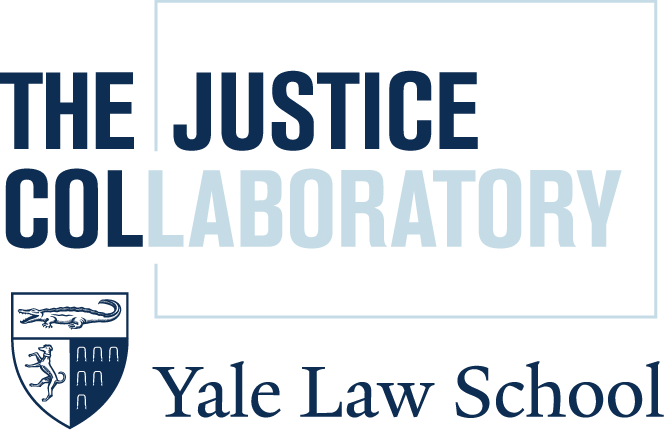Join Dr. Farzaneh Badiei, Director of the Social Media Governance Initiative at The Justice Collaboratory; Kaveh Azarhoosh, Internet Policy Researcher at Filter.watch; and Professor Ethan Zuckerman, Professor of Public Policy, Communication, and Information at UMASS Amherst, for a discussion about Telegram, community governance mechanisms and possible solutions for protection of communities at risk on social media platforms.
The recent popularity of Telegram among Internet users has brought it into the spotlight in terms of policy and governance. Telegram is more than a traditional “messaging app”. It is a multi-sided online intermediary that caters to political, business, social and other communities; that facilitates e-commerce; that supports people in arranging social uprisings; and that provides a platform for journalists and people at political risk.
Telegram claims it is doing better than other social media apps and platforms on the Internet, repeatedly asserting that it wants to protect human rights, specifically privacy and freedom of expression. To some extent these claims are true. At the same time, it seems the platform does not use novel approaches to user governance, but responds with new features, technology and the rule of thumb when faced with a governance challenge. To empower the community of users, Telegram has to go beyond providing them with fancy technical features and tired content moderation approaches. In short, Telegram needs a governance mechanism.
But what kind of governance mechanism should Telegram adopt? In this session, Dr. Badiei, will discuss her report on Telegram’s governance, and will provide governance recommendations to address the real-life issues that Telegram’s communities have had to deal with, and go beyond the often-heard suggestion that Telegram be transparent and accountable.
Dr. Badiei argues that if Telegram aims to govern its users' behavior effectively and help protect human rights, it should empower the communities to govern themselves and should not focus primarily on technology to solve its problems. Enabling communities, especially those at risk, to govern themselves might both improve the overall behavior of Telegram users and offer those users better protection.
